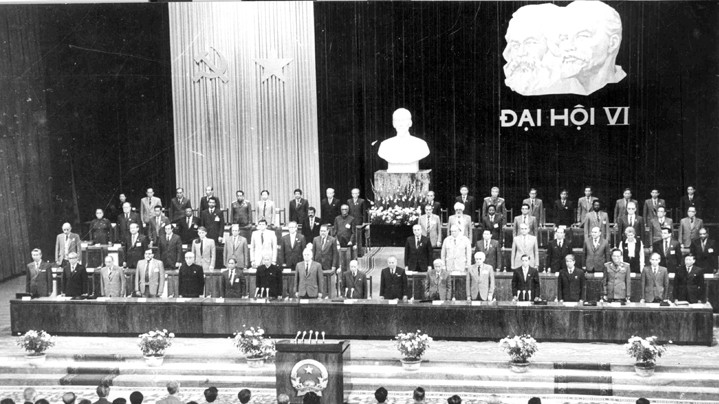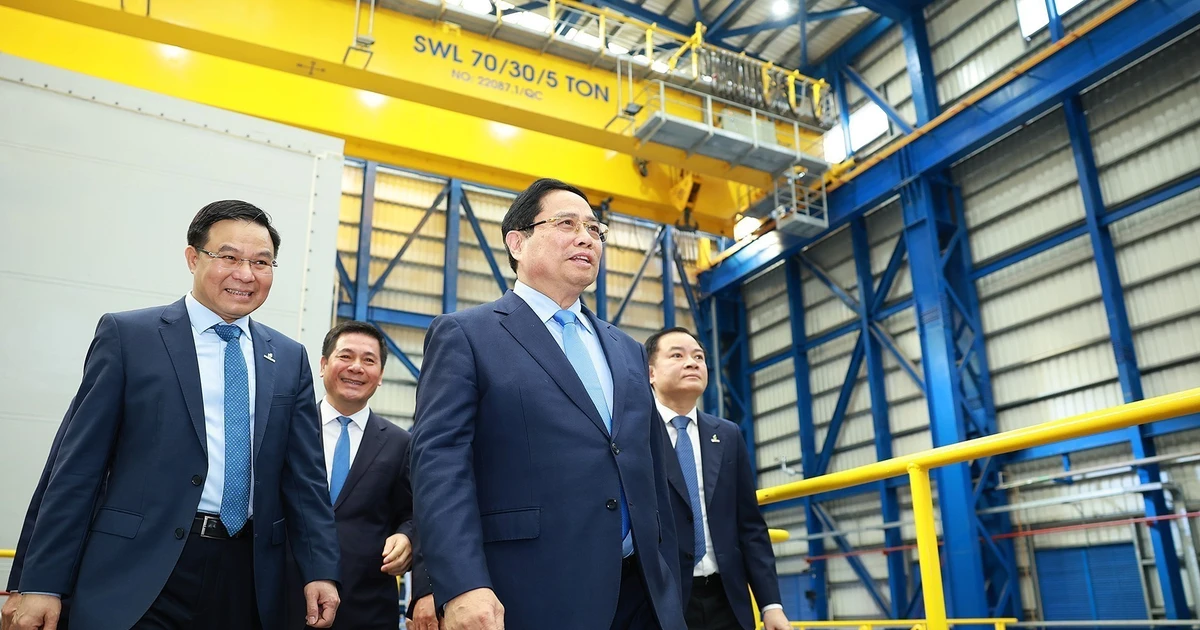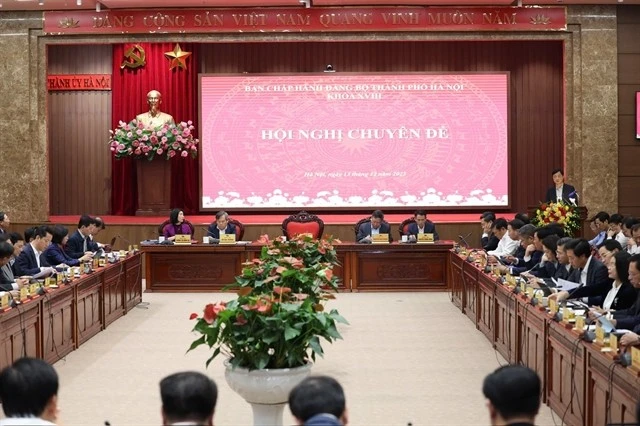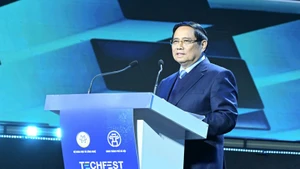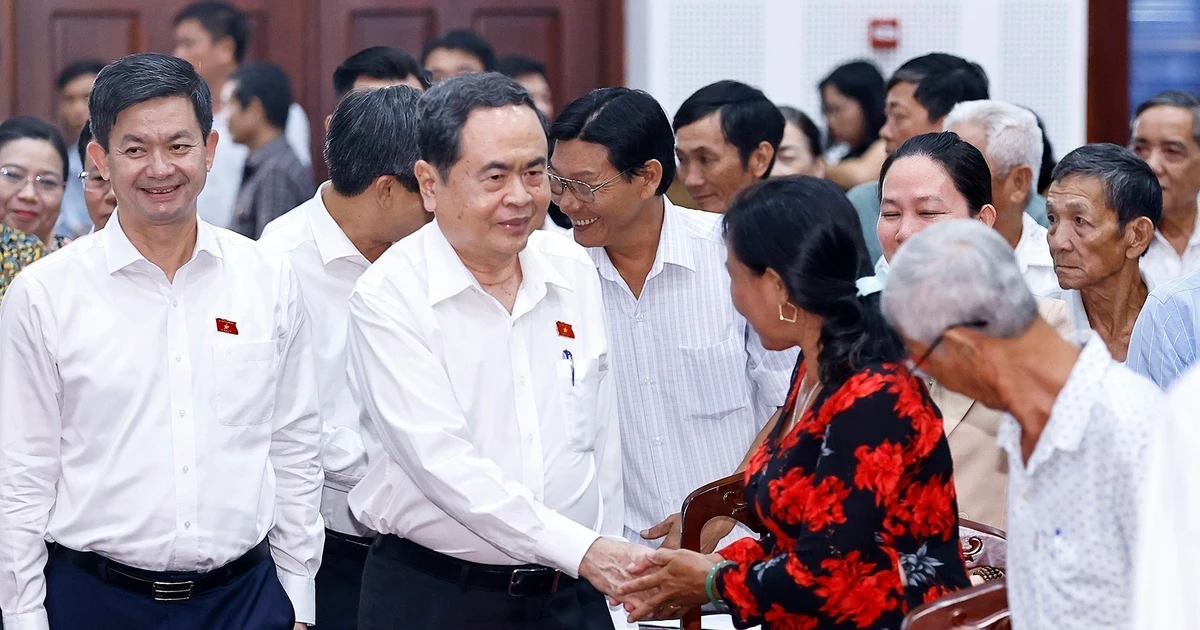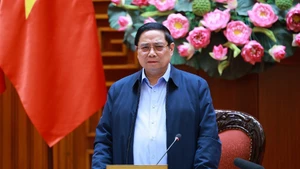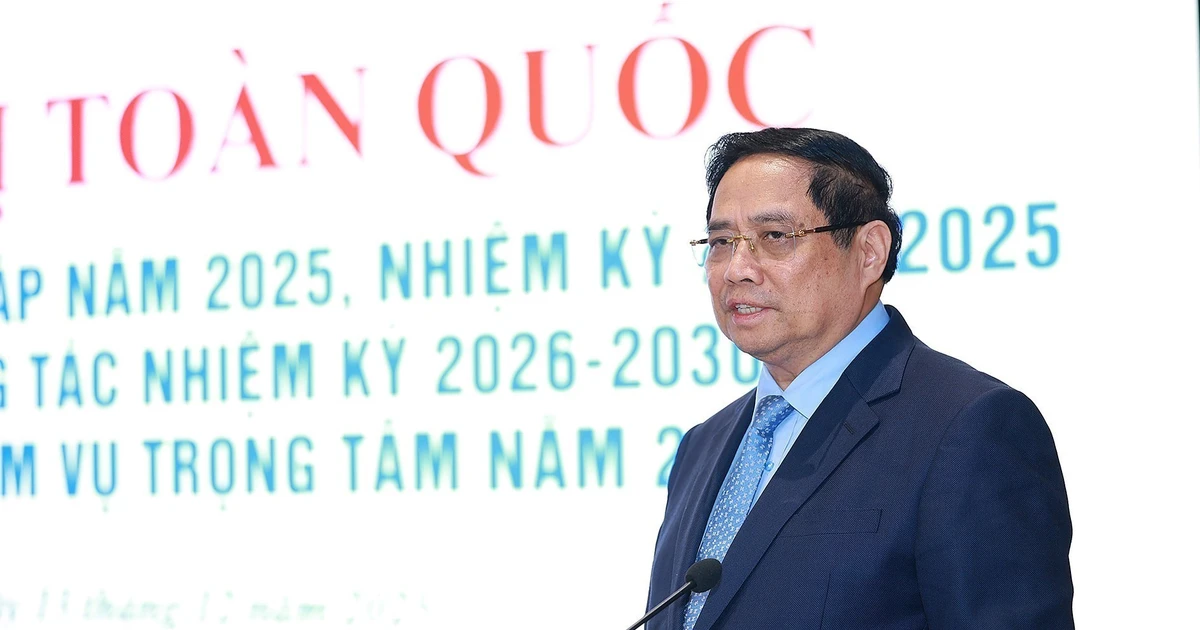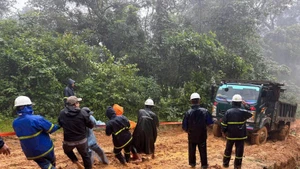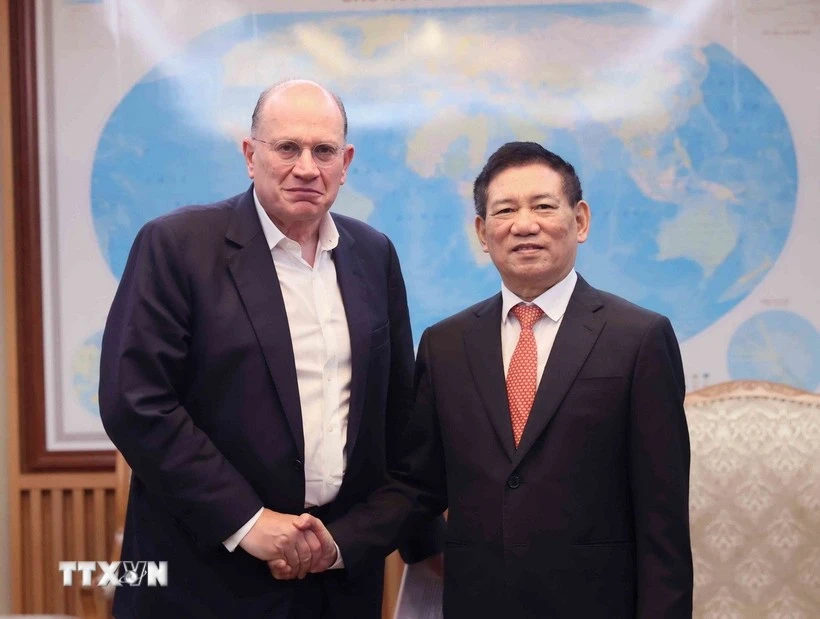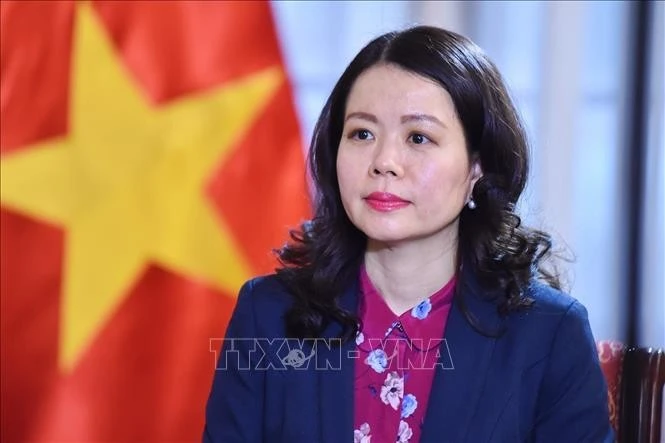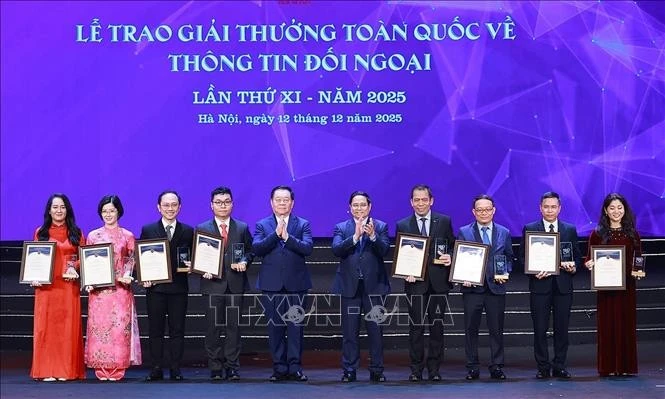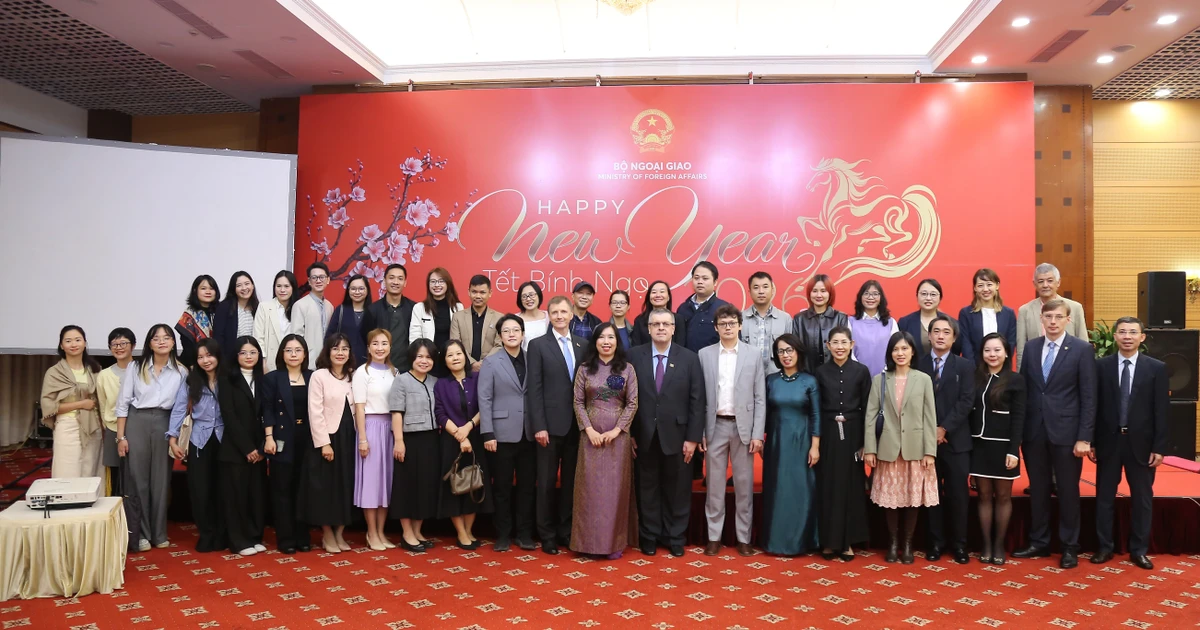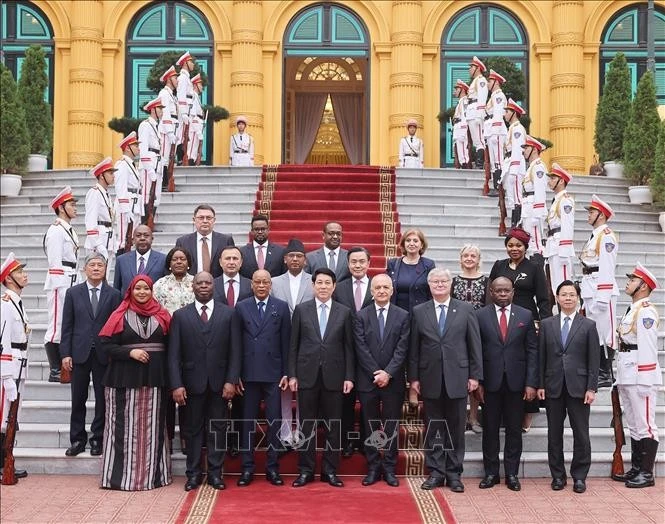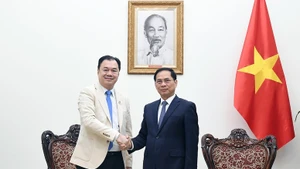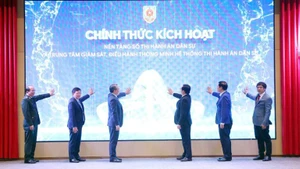In the spirit of “looking straight at the truth, evaluating the truth properly and speaking the truth”, the Congress affirmed the resolution to reform the Party’s leadership. The Congress acknowledged that the country was experiencing enormous social and economic difficulties, the people were struggling very hard and it failed to realise the targets of stabilising the socio-economic situation and the people’s living standards set by the previous Congress.
The Congress made a serious review of Party leadership and profound analysis of mistakes and shortcomings as well as establishing the causes and measures to overcome. The Congress emphasised that in the previous years, the Party’s evaluation of socio-economic aspects exposed many shortcomings, which led to many mistakes in “determining the goals and steps in infrastructure building, socialist transformation and economic management.” The Congress openly admitted that “the above-mentioned mistakes are serious and long-running mistakes in terms of policy, direction and implementation”, due to subjective judgement, voluntarism, and theoretical backwardness.
Based on the analysis and evaluation of the country’s situation, self-criticism of mistakes and shortcomings, and renovation of thinking, the Congress outlined the reform path by implementing three economic programmes: food, consumer goods and export goods. The sixth Congress put forward a new viewpoint in which Vietnam’s economy in the transitional period would be characterised by many forms of ownership.
The Congress determined that the overarching targets in the first stage of Doi Moi were stabilising the socio-economic situation and continuing to create necessary conditions for pushing through industrialisation in the next stage of development. The Congress underlined that the country must focus resources on implementing the three economic programmes successfully, restructure production and investment, reform the economic management mechanism, bring into play scientific and technological advances, and expand and streamline foreign trade.
In terms of Party building, the Congress determined renovating the mind-set and enhancing the quality of Party members as key tasks.
The Congress elected a Central Committee of 124 official members and 48 alternate members. The Central Committee elected a Politburo of 13 official members and one alternate member. Nguyen Van Linh was elected General Secretary while Truong Chinh, Pham Van Dong and Le Duc Tho were named advisers to the Party Central Committee.
